CameroonOnline.ORG | As Cameroon approaches its October 2025 presidential election, questions are mounting about the ability of the opposition to challenge President Paul Biya, who has been in power since 1982 and is seeking an eighth term at the age of 92.
In a recent article, Jeune Afrique asked whether Cameroon has “the dumbest opposition in Africa,” reflecting widespread frustration with the opposition’s repeated failures to present a united front. Despite public discontent over governance, corruption, and economic hardship, opposition parties remain divided by rivalries, personal ambitions, and lack of strategy.
Past elections illustrate the problem. In 2018, opposition leader Maurice Kamto and others failed to coordinate, splitting the vote and enabling Biya’s easy reelection. Today, little has changed: key figures continue to resist forming a coalition, even as public pressure builds for an alternative to Biya’s decades-long rule.
Observers argue that without unity and a clear program, the opposition risks once again legitimizing Biya’s hold on power. Meanwhile, government control over the electoral process and shrinking civic space make the opposition’s challenge even steeper.
With less than a year to go, the central question remains whether opposition leaders can overcome fragmentation—or whether Cameroon’s political stage will continue to be defined by a dominant ruling party and a divided opposition.
 CameroonOnline.org Cameroon news, Actualité Camerounaise, live Web TV & Radio, World News and a lot more
CameroonOnline.org Cameroon news, Actualité Camerounaise, live Web TV & Radio, World News and a lot more
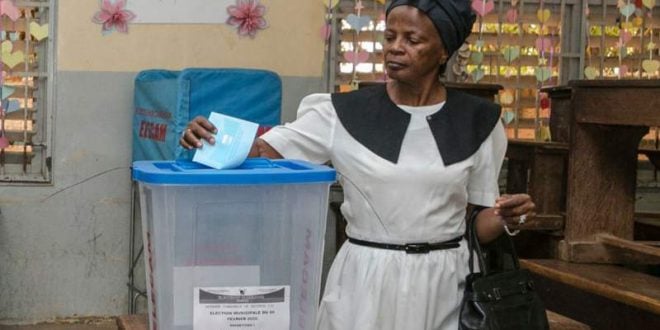
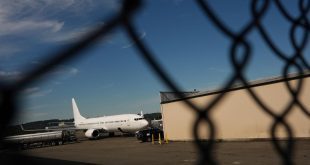
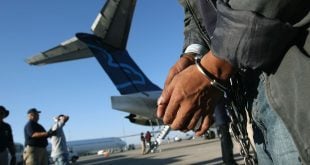
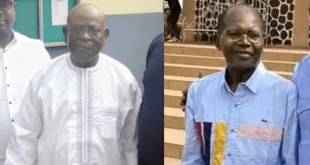
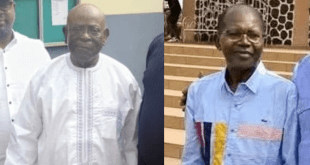
Maybe not the “dumbest” (it may have little, if at all, to do with dumbness), but the most amateur opposition. Many of these so-called politicians may not even value the presidency. How to otherwise understand the sheer, ridiculous number of candidates? I had a childhood cousin and friend who was an attorney and politician. He changed two or three parties, from the Njoya’s party to the government party through the SDF. His response to my dismay? “The other parties can’t win.” How ludicrous! Parties are made up of politicians. These are the ones whose political wit and strategic maneuvering allow parties to win. In Cameroon, it looks like greed, selfish ambition are the guiding principles. Ahidjo used to say that Cameroon was not ready for multipartism. Need to create Um Yobe and Moumie.